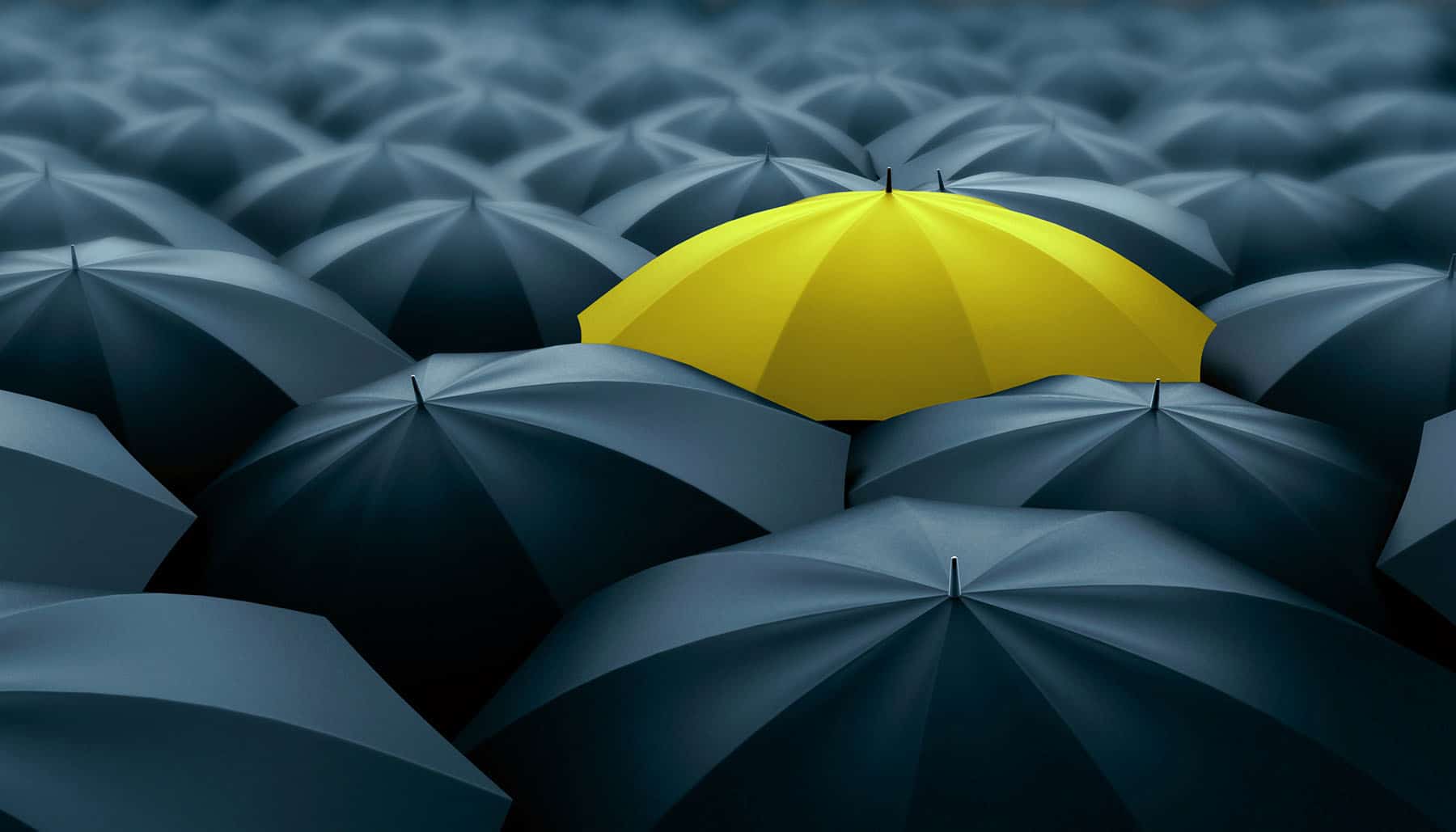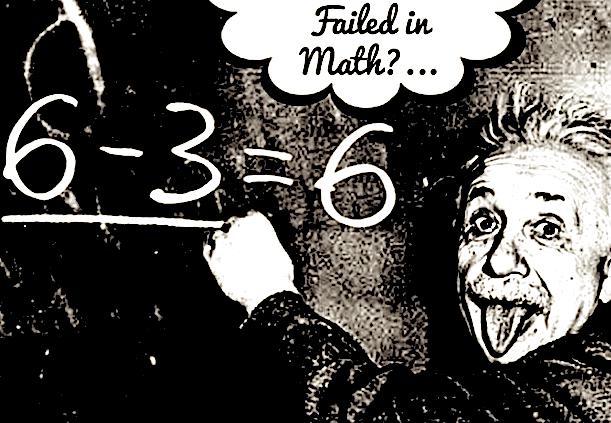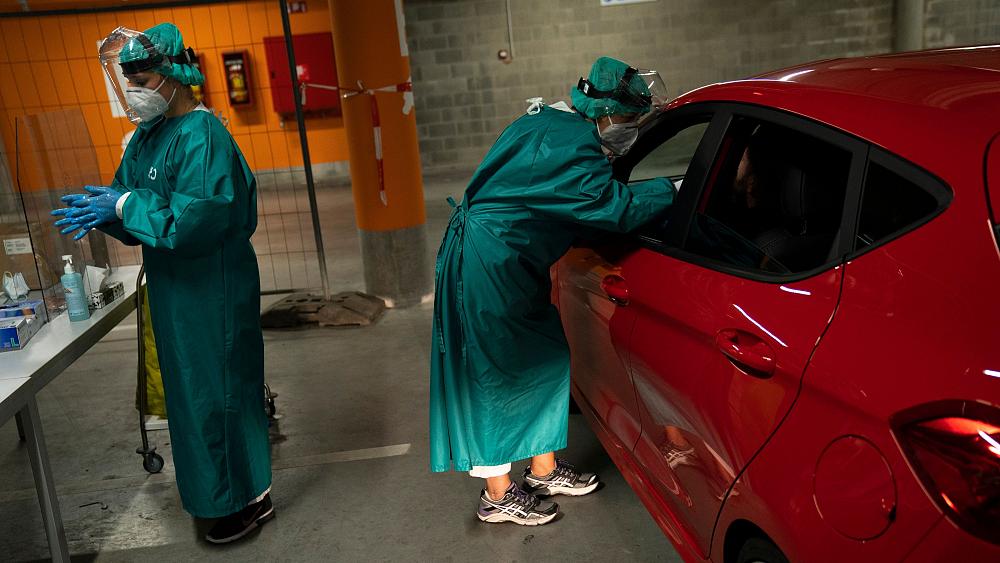
On a Thursday afternoon in early March, I was sitting in my dining room, working at my computer as usual, when my daughter’s babysitter walked in from the other room. With her phone in her hand and a shocked look on her face, she told me the news.
“The city is locking down,” she said. “I don’t know what to do.”
Ever the optimistic person, I tried to reassure her. “Oh don’t worry,” I said. “It’ll be OK. It’ll probably be over before you know it. We’ll be just fine.”
Two days after the lockdowns started, I didn’t feel so confident anymore.
My pit bull Juno, my best doggy friend for the past 10 years, turned yellow from kidney failure. Her gums were pale white. Motzei Shabbat, she died at the animal hospital.
The news about COVID-19 was becoming increasingly grim — and increasingly confusing at the same time. Nobody knew what was going on.
One week in lockdown went by, and then another. And then another. My husband Daniel and I followed the news closely. We’d stay up until five in the morning checking Facebook and looking for updates on the virus’s spread.
I quickly turned to escapism. For me, that’s always been food. I went off my healthy diet and ate lots of sugary KIND bars and fried foods and tortilla chips. I gained weight but even worse, I felt terrible.
In May, when the lockdown restrictions eased up, we started going to the beach every week, maybe even twice a week. I wanted to get as far away from my house and from Los Angeles as I could.
Then, the riots happened just a few hundred feet from us. I heard helicopters circling in the sky at all hours of the day. The curfews felt like a whole new kind of mental torture. I checked the Citizen app constantly and felt like I was living in a war zone. I had several crying, screaming red-faced breakdowns.
And I felt like I was going crazy. When the fireworks started going off every few minutes and the government shut down the beaches for the Fourth of July, Daniel and I packed up and went to San Luis Obispo, the closest place where the beaches were open. Then, we spent a month in Big Bear, where it was quiet and we could be surrounded by nature and, best of all, silence.
I learned a harsh lesson pretty fast though: Wherever you go, there you are. My mood didn’t get much better in the mountains. I was still upset. And on top of it, I felt isolated because we didn’t know anyone there.
One Shabbat in August, I felt more depressed than I had in years. We were the only observant Jews in town and had no one to celebrate with. My soul hurt.
To make matters worse, when I got back to Los Angeles, I felt like nothing had changed. I was still scared to be there. A homeless man had come up on our lawn and screamed and emptied out our trash. A shootout happened at the gas station down the block. Lockdowns were still in full effect.
So, my husband and I went to Arizona to try to get some peace of mind again. Daniel wasn’t as affected as I was, but being the good husband he is, he went along with it. We had a beautiful Rosh Hashanah in Scottsdale, and I tried to convince Daniel that we should move there.
“But you’re not any better here,” he said.
He was right. I wasn’t doing the work on myself. Again, I was just trying to escape reality. I couldn’t keep doing it forever. It was unhealthy and impractical. I had to learn how to cope.
So I made a decision: I contacted a therapist and started working on my issues. She taught me how to do deep breathing. She told me to shut off the news if it was bothering me. She helped me realize that I was safe and I could deal with anything that was coming my way.
For instance, I was scared that I’d be walking down my street and a homeless person would attack me, since that’s what I saw happen on the news. My therapist helped me realize that a random homeless person was in their own head and probably didn’t even notice me. I thought about all my interactions with homeless people over the years and most of them were positive. And If G-d forbid something did happen to me, I could fight back. I wasn’t some weak and helpless being. I was strong. I was powerful.
I wasn’t some weak and helpless being. I was strong. I was powerful.
The turning point came in October when the work started to pay off. In September, I’d booked another trip to Big Bear for the week of the presidential election just in case riots broke out in Los Angeles. Even as businesses were boarding up and people were lining up to buy guns, I insisted to Daniel that we needed to cancel our reservation. He was worried, but I knew that no matter what happened, we’d be OK.
And, of course, we were.
This year has been difficult. All of my bad habits suddenly emerged at once. I thought they could protect me, but I discovered that they were just hurting me. It took me a while to learn that, and I admit that I still have a ways to go.
But right now, I’m ready to stop running. I’m dealing with the present and with reality, no matter how challenging it may be. And I know that when I look back on this year, I’ll be able to say it was one of tremendous growth, when I gained the strength I never knew I had and learned how to deal with the worst possible scenario. I hope you find the strength to do the same.
Kylie Ora Lobell is a writer for the Jewish Journal of Los Angeles, The Forward, Tablet Magazine, Aish, and Chabad.org and the author of the first children’s book for the children of Jewish converts, “Jewish Just Like You.”
Related posts:
Views: 0
 RSS Feed
RSS Feed

















 December 11th, 2020
December 11th, 2020  Awake Goy
Awake Goy 




 Posted in
Posted in  Tags:
Tags: 
















